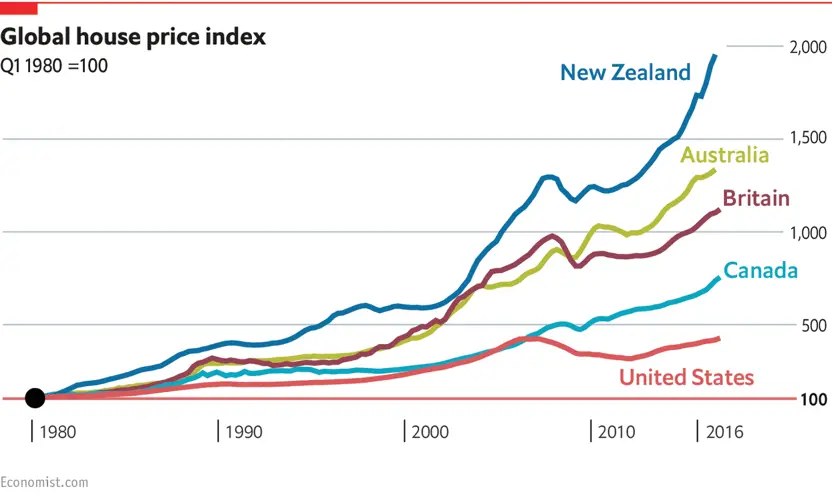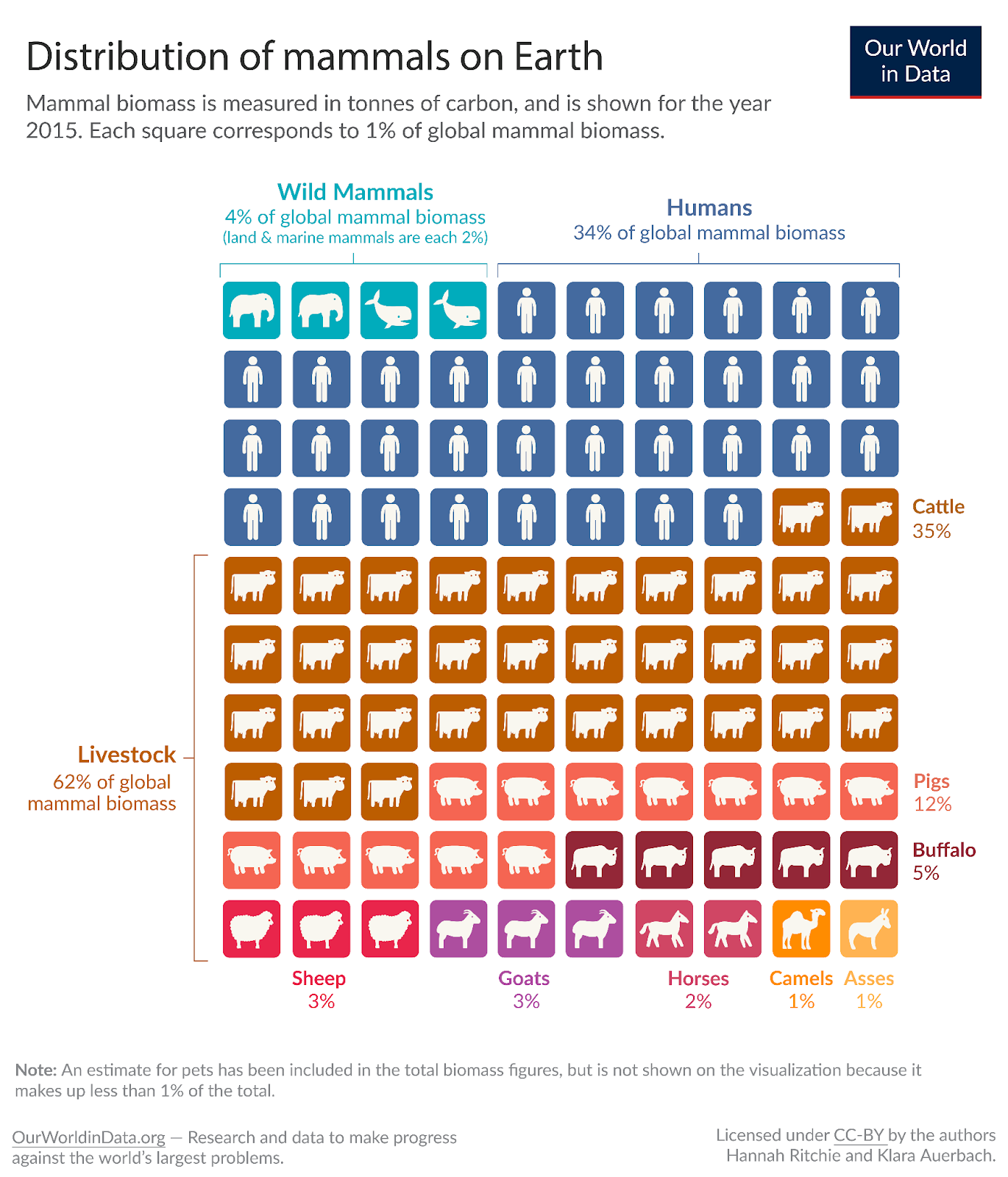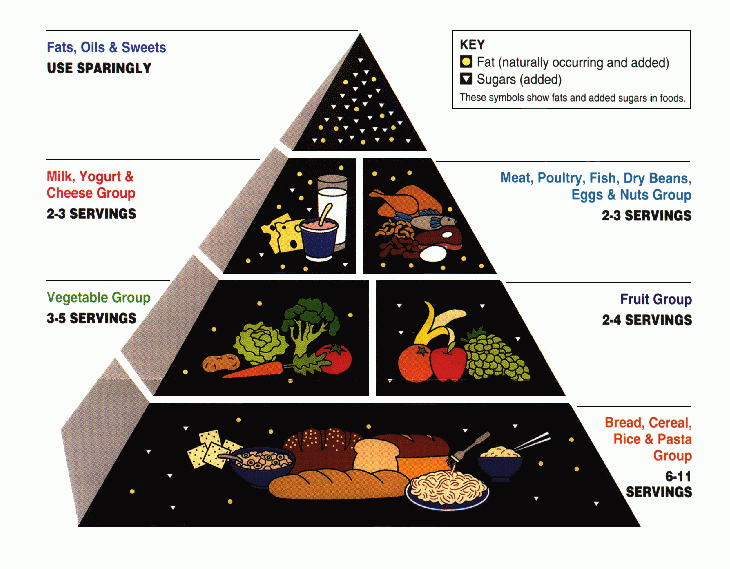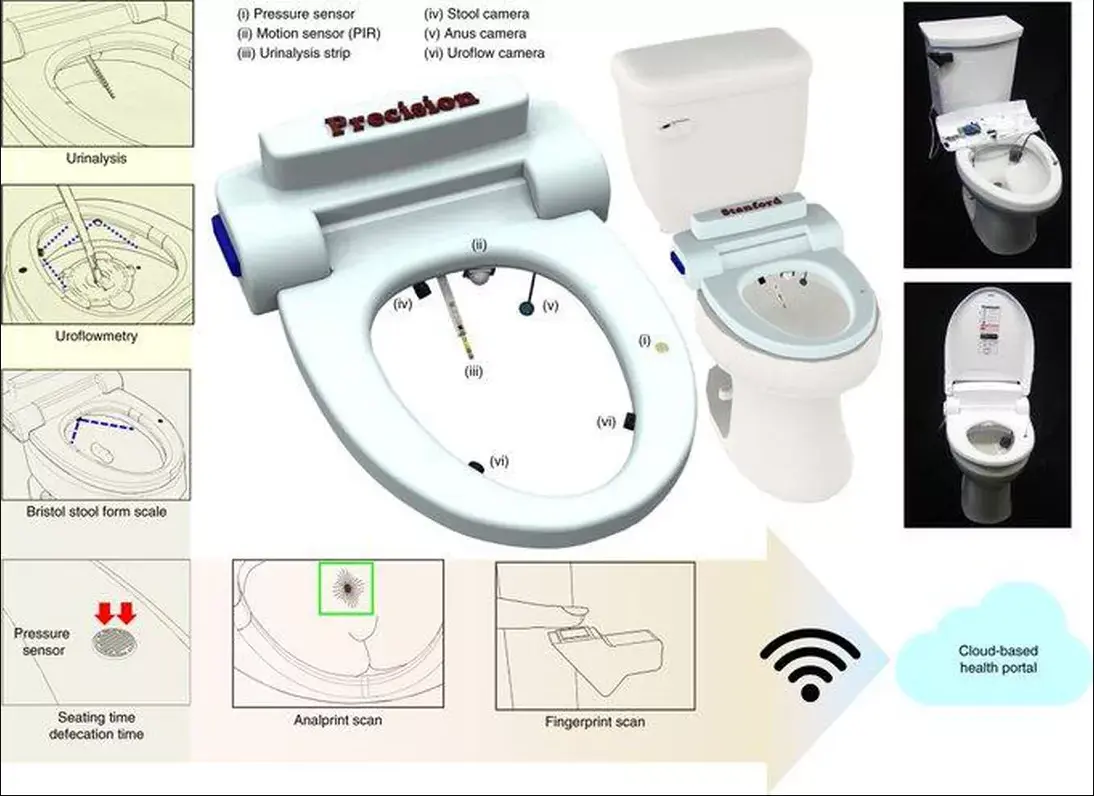Supermarkets as Predators: Does it Check Out?
By
In the ongoing circus of the “cost of living crisis”, the latest target of public scorn is the grocery business. Although it’s true that Australians are under economic strain, the “cost of living" catch-cry has been a useful political football for targeting anything from housing to beer to petrol.
Let’s point out that Liberal and Labor have both participated in the decades-long inflation of the housing market, to the point where house prices are now 121 times the disposable income.
Across 2023, the price of food only climbed 4.8%, compared to the price of mortgage interest charges rising 68%.
But putting aside the biggest contributor to the cost of living, let’s return our focus to groceries − the dominance of the industry by just two profit-driven companies can’t be good, surely?
Market share of grocery retailers in Australia in financial year 2022. Picture: Statistica 2023 via news.com.au
People might publicly say that it’s a bad thing, but they don’t speak for as much of Australia as you might think − Woolworths had 374,275 shareholders as of November 2022. It’s not as though they’re going to join the public debate − they need to keep their opinions hidden; they’re not going to say out loud “let’s keep squeezing shoppers, employees and the environment.”
But back to the vocal shoppers − although they say that the system is unfair and that they’re being squeezed, do they care about the supermarkets also squeezing employees, farmers, chickens, or orangutans?
Our entire economy is built on exploiting each other. Much of the supermarket is stocked with products that are not only unethical in their production, they make us unhealthy and unhappy when we consume them. Coca Cola has more sugar than orange juice, and even then, the orange juice has more sugar than it would have had in the past.
When sugar cane was made available to Europe, it was part of being hospitable to offer sugar water to guests. The pineapple was prized for its sweetness compared to European fruits, and the ultimate mark of hospitality was to offer slices of pineapple to guests. If you couldn’t afford to serve pineapple, you could rent a pineapple as a feature for the table, and to this day, the fruit serves as a popular motif in hospitality.
The agriculture industry has been progressively growing cows that produce more milk; chickens that grow faster; and fruit that grows bigger and sweeter. When the saying was coined “an apple a day keeps the doctor away", it was talking about what was arguably a different fruit altogether.
Such agricultural development may come as a rude shock to the current wave of consumers (especially Americans) who have been sold the idea that genetic modification of food is some sort of evil, inferior product. In fact, developments like Golden Rice are able to resolve nutrient deficiencies for millions of people in poorer nations. The improvements in wheat production by Norman Borlaug are credited with saving a billion people from famine. He was awarded the Nobel Peace Prize in 1970.
When Sri Lanka decided to ban fertiliser and rely on organic farming in 2022, people starved and the government was overthrown.
Revolution in Sri Lanka: President Rajapaksa flees as protestors storm his palace..... pic.twitter.com/a3izJtt2BW
— Wanjiku Uprising (@WanjikuUprising) March 13, 2023
We needn’t stop now, in the application of science to food production. We are needlessly letting animals suffer in live exports and even if they did live happy lives, their impact on climate change is enormous − food production for humans is ultimately responsible for 26% of greenhouse gas emissions, and beef is far and away the biggest contributor:
Source: Our World in Data
Populist sycophants like Bev McArthur from the Liberal Party are complaining that she’s expected to stop eating beef, as though it’s some sort of god-given right to eat it. Why does the US amend its constitution to protect free speech and guns, but not eating beef? How are people expected to really live?
It might come as a surprise to such gourmets that in fact, cows were invented in ~8,500 BC and have progressively been bred to be more docile and tasty. In the Epic of Gilgamesh, The Bull of Heaven was sent to kill the warrior king, Gilgamesh. Now there are cows that are so totally dependent on humans that they queue up every day to be milked at the industrial production line.
Impossible Foods has proven that it’s possible to develop proteins in a lab that are commercially popular, even amongst customers who aren’t vegetarian. At Burger King, customers can purchase the Impossible Whopper, which looks a whole lot tastier than Bev’s excuse for a salad.
“We’ll be getting protein out of a chemical laboratory test tube” − Bev McArthur MP theorises on what could be worse than her cooking.
We can keep growing more foods in labs, through a process known as precision fermentation. Besides saving time and energy, it obviously frees up an enormous expanse of land too − agriculture currently accounts for 50% of the world’s habitable land, and 70% of freshwater withdrawal. Did you know that livestock makes up 62% of mammal biomass, with wild mammals only making up 4%?
The only thing holding us back from progress here is consumer whims. As far back as Adam Smith, it’s been accepted that our economy is dependent on people exploiting each other in an intertwined mesh, ultimately serving the whims of the bourgeoisie:
The rich only select from the heap what is most precious and agreeable. They consume little more than the poor, and in spite of their natural selfishness and rapacity, though they mean only their own conveniency, though the sole end which they propose from the labours of all the thousands whom they employ, be the gratification of their own vain and insatiable desires, they divide with the poor the produce of all their improvements.
They are led by an invisible hand to make nearly the same distribution of the necessaries of life, which would have been made, had the earth been divided into equal portions among all its inhabitants, and thus without intending it, without knowing it, advance the interest of the society, and afford means to the multiplication of the species.
The Theory of Moral Sentiments, Adam Smith, 1759.
Upon visiting the supermarket and its apparently extortionist pricing, we established earlier that it’s full of immoral, unhealthy junk. So the claim that two companies have cornered the market for such products seems somewhat of a moot point.
If the Australian government were truly interested in how Australians are fed, it would be making tools and information more easily accessible to consumers, to help them make beneficial choices. For years of our childhood, many Australians would’ve eaten grains and sugar for breakfast, in the form of Corn Flakes or Rice Bubbles. On the side of the box was the food pyramid, declaring how much we should eat from various food groups.
This pyramid wasn’t developed by physicians or even by aliens. It was developed by the US Department of Agriculture. What should you eat? Well, whatever we’re growing!
In this photo, from 1976, almost everyone is what we would now call slim. So what has happened? A sudden loss of willpower, as some rightwing journos claim? No. An obesogenic environment created by junk food manufacturers and their advertisers. pic.twitter.com/DmzxsD5VLz
— George Monbiot (@GeorgeMonbiot) July 26, 2018
Imagine if the government made itself more useful in people’s lives and helped them stay healthy. We could for instance fund a meal tracker that tracks energy, protein, and all the minerals for life. The government could apply the principle of dirigisme and establish a company manufacturing smart toilets that analyse the composition of things when food comes out the other end.
Already, wearable computing is at the stage where it can detect disease before humans even notice their symptoms. The reason it’s not more popular is because there’s so little money in keeping people healthy. How can you spend money on R&D and marketing, telling consumers that in the best case, they won’t notice anything. The way to make money is to wait for them to get sick, then milk them for treatment.
Life expectancy vs health expenditure, 1970 to 2015. Our World in Data.
Go to any US hospital and you’ll see vending machines for cola and potato chips. The opioid crisis in the US was a result of legal opioids being over-prescribed to treat any pain, turning ordinary people into drug addicts, ultimately causing deaths at the same scale as the COVID pandemic:
Opiod overdoses in the US are on the same scale as COVID deaths.
Conclusion
When Australians complain about being exploited at the supermarket, the sad reality is that they’ve been tricked into buying junk that’s undermining their health, and in purchasing this junk, they’re guilty of exploitation themselves.
It doesn’t have to be like this. The government is sitting idly by, relying on the free market to solve everything, even though the free market is not incentivised to keep the environment healthy, or even to keep its own customers healthy. It’s a community effort to grow our collective wisdom and to look out for each other. If we feel it’s a right of citizens to be fed and to be housed in a liveable climate, then the logical conclusion is the gradual introduction of a Universal Basic Income and public incentives for the research & development of precision fermentation.
If we feel that citizens need help in keeping track of their health, then the logical path forward is for the government to fund open-source software that tracks our meals, tracks our health and helps us to live our best lives.
The markets are effective at some things − we should definitely have a competition of ideas, but when the market’s only measure of success is GDP, then it’s inevitably going to lead to these perverse outcomes. Let’s not buy into the simplistic media narrative that the cost of living crisis was invented by Anthony Albanese, and that it can be resolved by making room in the grocery business for some new, benevolent company who’s more likely to sell Australia Day merch.




